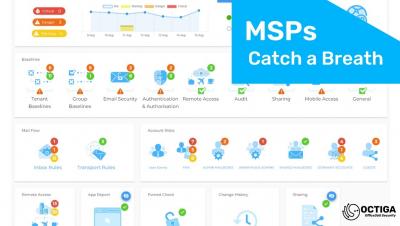How to make your MSP business attractive to buyers
MSPs are becoming critically important. The difficulty of finding security specialists and the high costs of managing their own security have led medium-sized companies to hire MSPs to keep their digital security up to date while they focus on their business. Growth in the MSP market means buyers are now showing interest. We are frequently seeing large and small MSPs being acquired by other larger managed services companies or private equity firms.





